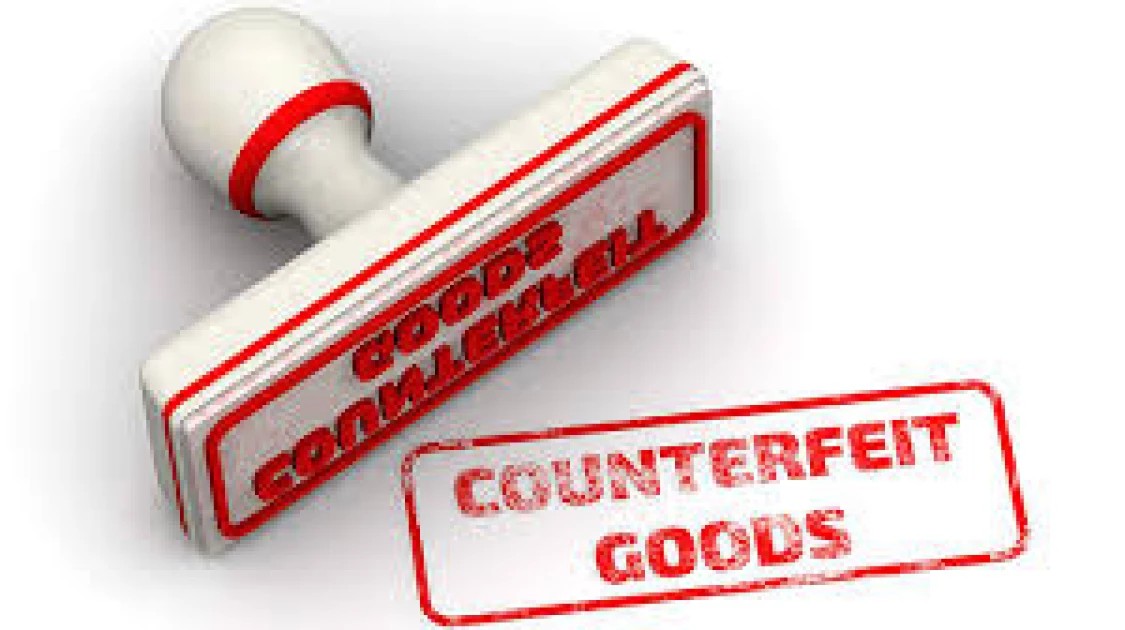- Many unsuspecting consumers are drawn to the lower prices of counterfeit goods, unaware of the potential dangers they pose.
In recent years, counterfeit products have been flooding the Kenyan market, posing a serious threat to both consumers and the economy. From fake pharmaceuticals to imitation electronics, these products not only fail to meet quality standards but also put public health and safety at risk.
Many unsuspecting consumers are drawn to the lower prices of counterfeit goods, unaware of the potential dangers they pose. For instance, counterfeit electronics can malfunction, leading to fire hazards or electric shocks. Similarly, fake pharmaceuticals may contain incorrect dosages of active ingredients, making them ineffective or even harmful to health.
The impact of counterfeit goods goes beyond immediate risks to consumers. Legitimate businesses struggle to compete with the artificially low prices of counterfeit products, leading to significant losses, job cuts, reduced tax revenue, and a decline in innovation. This diversion of resources away from research and development hinders economic growth.
While the Kenyan government has taken steps to address this issue, such as increasing border controls and establishing the Anti-Counterfeit Agency, the battle against counterfeit goods continues.
Public awareness is key in educating consumers on how to spot and avoid counterfeit items. Stronger enforcement of laws and international cooperation are also crucial in dismantling the networks behind counterfeit production and distribution.
Read More
Ensuring a fair playing field for businesses and protecting consumers is essential for the continued growth of the Kenyan economy. Tackling the problem of counterfeit goods is not just about consumer safety but also about securing the long-term sustainability and prosperity of the Kenyan market.




-1772090413-1772095461-md.jpg)
-1772094026-md.jpg)


-1772090413-1772095461-sm.jpg)
-1772094026-sm.jpg)